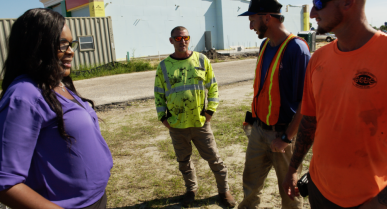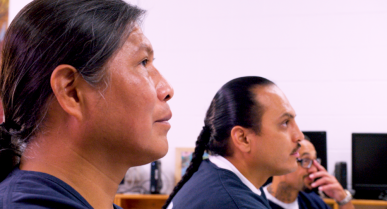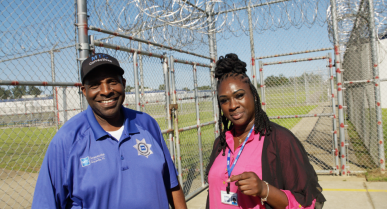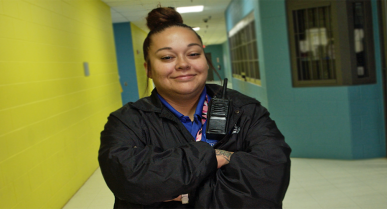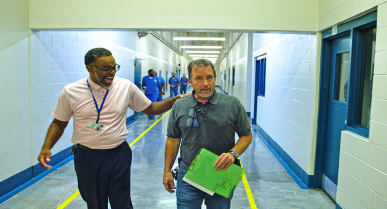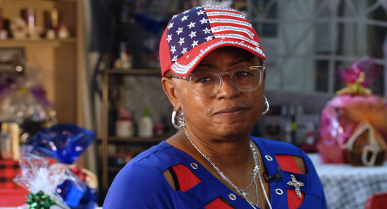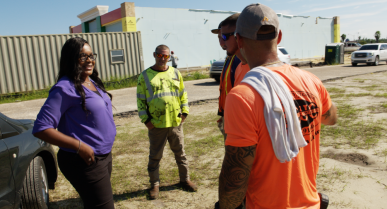“I think one of the things that we’re big on in here is that we serve food that I would eat”
“One thing that’s really important, and I think it’s important for MTC, is being a leader in social impact,” says Mark Weber of MTC’s IAH Detention Center in Livingston, TX. “And I think we need to do that one detainee at a time.”
That mindset of making a social impact applies to food service, as much as any other daily operation. The food-service mission is critical to a successful detention center. At the IAH facility, Mark Weber runs a tight ship as the food services manager.
“The big thing is we need to offer something that is going to promote well-being, and I think almost 100% of the meals we offer [include] not only hot vegetables but also offer a salad or a cole slaw. In the entrees that we have, they’re cooked in a way that they’re not extremely heavy. They’re not going to put people asleep after they eat it. The bottom line is, have a good protein, offer a starch, not too much; balance out dessert with vegetables. And as long as you do that, not only does it keep everybody happy, it keeps dietitians happy, nutritionists. I think it’s just a necessity.”
This quality of food service is not unique to IAH. All MTC facilities strive for the very best meal preparation possible.
“I think one of the things that we’re big on in here,” Mark continues, “is that we serve food that I would eat; that cooks would eat. And the bottom line is—if we have detainees and we have staff team members that are happy, they’ve eaten a good meal, balanced, it keeps the whole unit happy. And I don’t think anybody can argue with that. It’s just something we need to do because it’s the right thing.”
